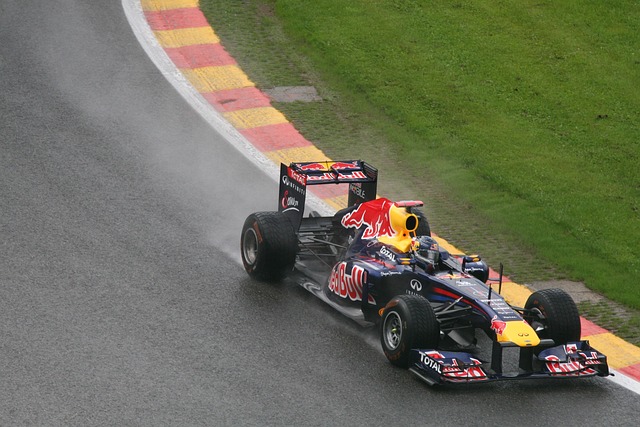I’ve had some euphoric winning streaks and some disastrous losing streaks. These were in my short blackjack career of almost two years. Like many other players, I take winning streaks in my stride. Naturally, I won— isn’t that the whole point? The losing streaks are much more challenging to handle.
Extended losing streaks can be very tough, even if you know you’re playing with an advantage. With experience, these swings become more manageable. I’ve had many bad sessions that inspired me to write about the psychology of losing. For example, during one session at TonyBet, I faced a particularly challenging losing streak that tested my resilience.
The key to successful advantage play isn’t skill. It’s about something other than knowing the best bets or the size of your bankroll. It’s understanding the psychology of losing. This separates amateurs from professionals and is rarely discussed in blackjack literature. Many fail because they don’t grasp this. Mastering the psychology of losing is the first step. It’s critical to successful advantage play.
Which Type of Player Are You?

Suppose you returned from a weekend trip to Las Vegas. This was your fourth losing trip, extending your losing streak to three months. Which player are you?
Type A: On the way home, you feel disappointed and depressed. You can’t believe you lost $1,600, adding to your three-month losing streak. You’ve lost about $8,000 since your last all-time high, and it’s eating away at you. You think about the things you could have bought with that money. You know you’re a solid player, but I can’t believe your bad luck. You recall losing several max bets and feeling sick when the dealer made a 5-card 21. Despite some bright spots, you continue to sulk.
Type B: On the way home, you feel satisfied. The playing conditions were excellent, and your EV was higher than expected. You didn’t win money, but you know the comp offers will be great. You realize it’s been some time since you last celebrated a significant victory, but oddly enough, it doesn’t faze you. You stuck to your game plan and played more hours than you aimed for. Thanks to the floorperson’s generous decision, I received $300 worth of complimentary EV due to a mistake by the dealer. Although you lost money, you know you played well and had the best of it.
If you’re reading this, chances are you’re a Type A player. Your expectations and attitude toward money might be holding you back. They stop you from being a successful advantage player. It’s tough to become a Type B player. But you can do it by changing your thoughts and feelings about money and yourself. I’ll refer to Type A players as amateurs and Type B as professionals.
Emotional Attachments to Money

We are all in this for the money. Money can buy houses, cars, and boats – even happiness. How do you feel when you win or lose a big bet? When amateurs lose a big bet, they often feel frustrated or disappointed, but their emotions soar when they win.
Reacting emotionally to gaining or losing money will compromise your ability to perform well. Betting too little or too much is usually due to emotions. They come from winning or losing. Serious players have no emotional response to winning or losing big bets. Dedicated players focus more on the emotional experience of winning or losing a significant bet. Professionals often fake emotions to appear like they’re pretending.
The dealer made a 5-card 21. It’s time to shake your head in disgust while mumbling to yourself. Meanwhile, you’re thinking: Am I close to the CTR threshold, and who’s this other guy in the pit now?
Conclusion
Mastering the psychology of losing is crucial for successful advantage play. Understanding and managing your emotional reactions to wins and losses can transform you from an amateur to a professional player. By shifting your mindset and detaching emotionally from the financial outcomes, you can improve your resilience and consistency in the game. Remember, it’s not just about the skill or the bankroll; it’s about maintaining a professional attitude and focusing on long-term EV rather than short-term results.
